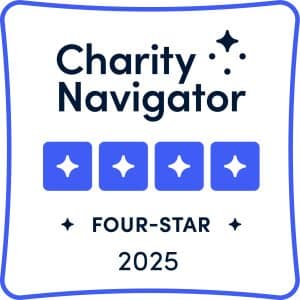Kingston has a history stretching back to the arrival of the Dutch. In 1777, it became the first capitol of New York State. Later that year, the British burned the city in retaliation for their loss in the Battles of Saratoga.
The 19th century saw an influx of commerce driven by the discovery of natural cement in the area and facilitated by a bustling river port. Jews were living in Kingston by mid-century. These European immigrants established businesses that prospered after the eventual decline of the cement and coal industries.
The members of what would become Congregation Ahavath Israel first met in 1906, but it wasn’t until 1937 that the synagogue had a full-time rabbi. The Thanksgiving Ball that initially supported the position of rabbi became an annual, and much anticipated, gala. This small Conservative shul thrived and continued to have many gala celebrations in a building dedicated in 1967.
Kingston’s biggest boom came in 1954 with the arrival of IBM. The tech giant’s massive manufacturing and research facility employed thousands. It closed in 1995, changing the nature of Kingston. The fallout included a shrinking of Ahavath Israel; the Thanksgiving galas ended.
Engineer Bernard King-Smith was among the many Jewish professionals who arrived in Kingston to work for IBM. Unlike many, he stayed in the area after IBM closed shop. He first served as president of Ahavath Israel from 1998 to 2000, returning to lead his sacred community again later when it became clear that preserving its century-plus legacy was of paramount importance.
Bernie King-Smith is an avid volunteer within the Jewish community. He gives his time and talent to many organizations. It was as a longtime member of the board of United Synagogues of North America that he first became acquainted with JCLP, and then brought his personal experience and professional expertise to JCLP as a member of our first board of directors.
JCLP’s guiding principles informed the arduous, years’ long, and considerate process Bernie and his congregational colleagues went through to ensure the enduring memory of Congregation Ahavath Israel of Kingston, New York.
No detail was overlooked as the synagogue dispersed its tangible and monetary assets to an exceptionally broad and diverse distribution.
Family member retrieved more than 300 memorial plaques, and numerous leaves from the synagogue’s Tree of Life installation. The people named on plaques not retrieved will be remembered on their yahrzeits at the Fuchsberg Jewish Center in Jerusalem virtual yahrzeit site.
With the exception of one irreparable scroll, each of the congregation’s precious Sifrei Torah has a new home. Two of the Torahs were part of an emotional sense of continuity during last Simchat Torah observances at their new homes at Temple Israel in Catskill, NY, and Kehillah Lev Shalom in Woodstock, NY. At each synagogue, Bernie King-Smith completed the reading of the Torah on that synagogue’s existing scroll, and members of the synagogue then commenced Beresheet on the scroll from Ahavath Israel. Everyone was able to share in the moment via Zoom, of course.
The legacy of Ahavath Israel lives on in other synagogues in the Hudson Valley. And in churches and social service agencies there, too. Nearby Bard College is a beneficiary of the congregation’s generosity, as are Jewish communities as far away as Africa.
And the legacy of Ahavath Israel lives on in college leadership programs in Israel as well as in special needs camp scholarships at Camp Ramah.
Each one of these organizations and others–including JCLP itself as well as the Jewish Community Endowment Fund within Jewish Federation of Northeastern New York—reflect the interests and concerns of the dedicated members of a special community.
As JCLP Noah Levine says, “The impact of all Congregation Ahavath Israel’s donations will be felt at home, in Israel, and around the world.”
May 5, 2022
